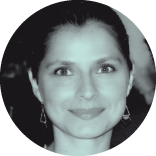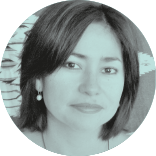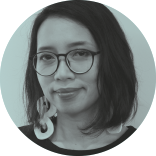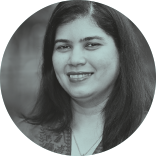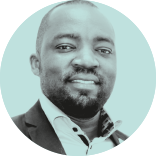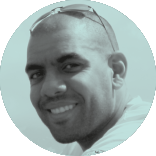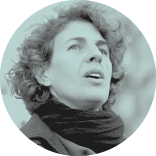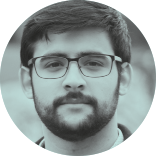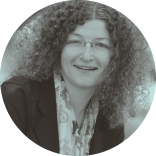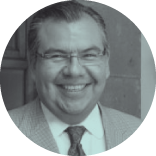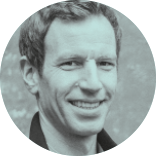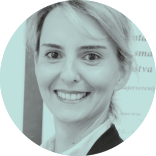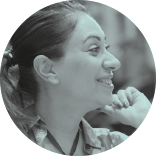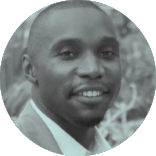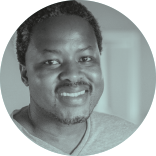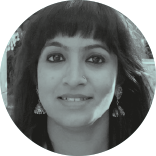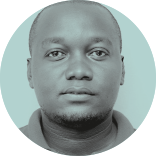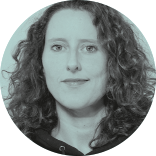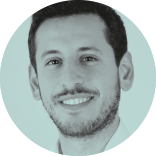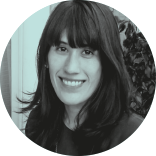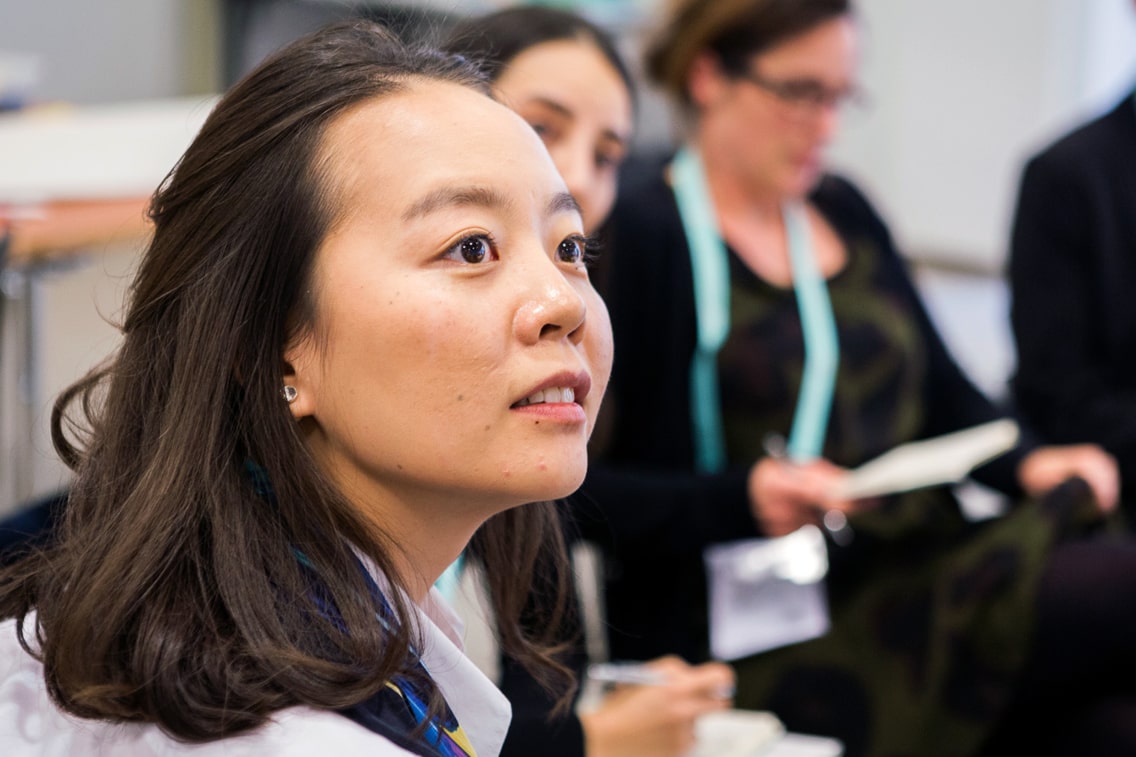Labs
11th Lab: Global Power Shifts – Political and Economic Inclusion for the Next Generation Collaborating to Realise the Potential of the Demographic Dividend
Impact Lab: October, 27 to 30, 2019 in Berlin, Germany
The Curriculum
The 2019 curriculum is developed and implemented in partnership with the German Federal Foreign Office as its challenge holder. The overall aim of the 2019 Global Diplomacy Lab (GDL) curriculum is to examine how new formats for international collaboration can help to achieve the UN Sustainable Development Goals (SDGs) more effectively, in concrete terms by investigating ways to collaborate to realise the potential of the demographic dividend in Africa. It is implemented over five phases with an Incubator Lab (16-19 June 2019 in Accra) and an Impact Lab (27-30 October 2019 in Berlin) as key elements. The design of activities in each phase varies from member-to-member communication and larger virtual sessions to Lab experiences and the implementation of projects.
You can download the publication on the 2019 Labs here (PDF, 1.3 MB).
The Impact Lab
With the support of the findings of the Incubator Lab in Accra and of member and online activities in between the Labs, we have organised the GDL Impact Lab in Berlin. GDL members launched a compendium of essays on how governments and institutions can manage and take advantage of the demographic dividend and which role young people can play as actors of change. Online activities, such as virtual sessions, have provided information on various stakeholders, who may not yet have had a voice, and on ideas on how to form collaborations. The programme of the Impact Lab in Berlin enabled members to discover and test different methodologies, both for identifying stakeholders and collaborating.
With the aim of experimenting with possible formats for collaboration and communication, the Impact Lab in Berlin brought together GDL members as a design team to work co-creatively with the solution users – the challenge holder and selected relevant stakeholders from Africa – to explore what is desirable from an international relations point of view, what is technologically feasible and what is economically viable. In the process, GDL members developed their understanding of the dynamics of the realpolitik of diplomatic cooperation, as well as their design-thinking and appreciative-inquiry skills.
The Outcome
The outcomes are summarised in a report (download above) which also contains recommendations for the Challenge Holder on how to engage with relevant stake holders. GDL members stand ready to serve as facilitators in potential processes of interest for the challenge holder in various African communities in the future. Furthermore, a collection of essays will be published this year.
GDL Members Attending This Lab


